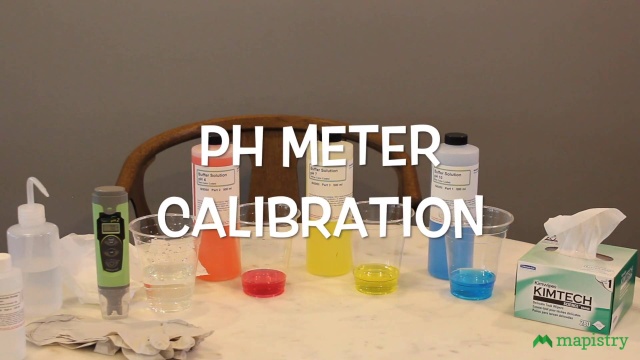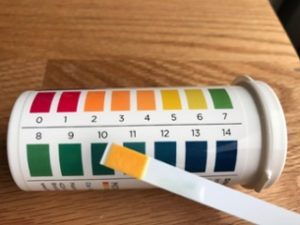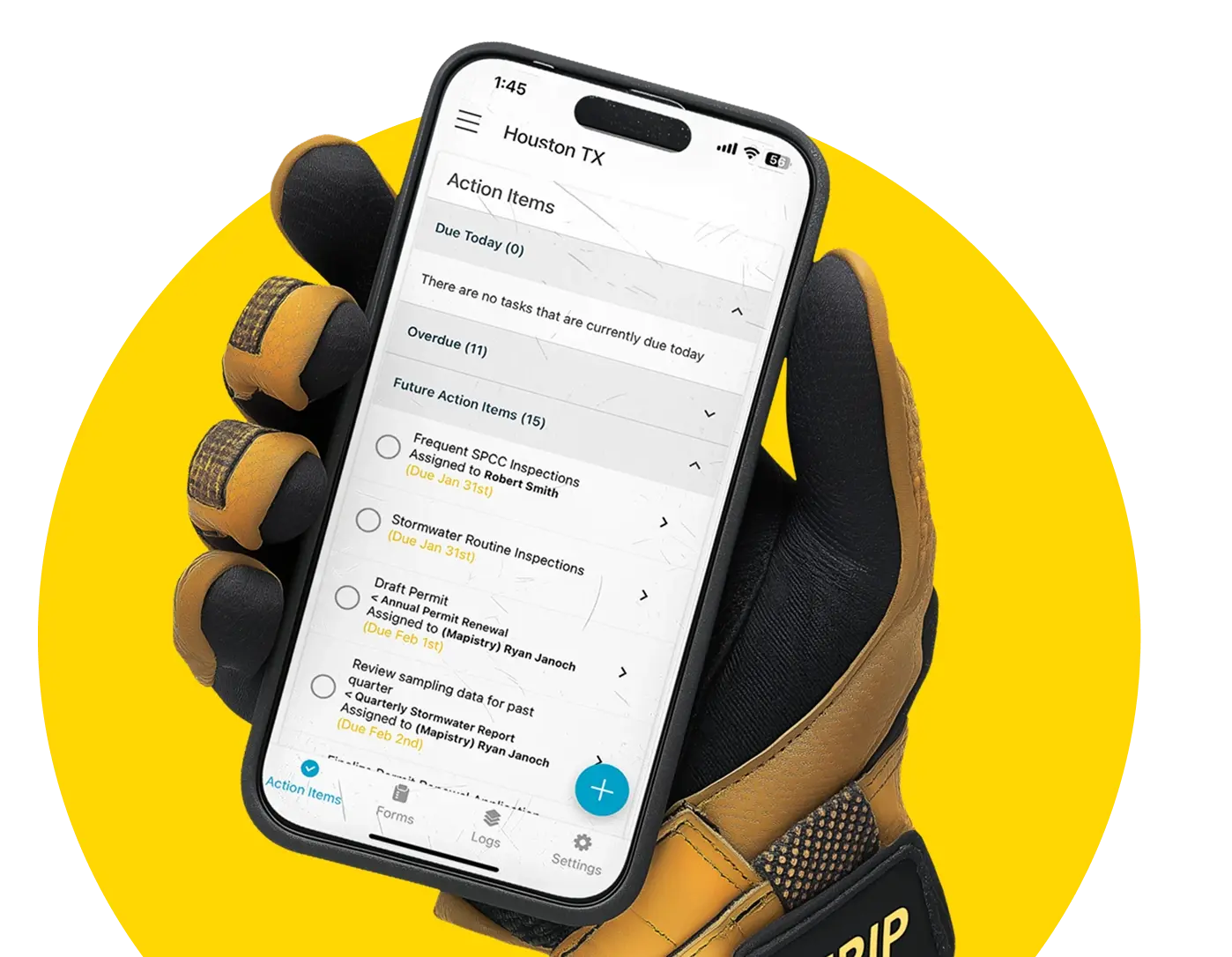pH Meter Calibration For Industrial Stormwater Sampling
Many sites struggle with pH meters when stormwater sampling because they see pH meter calibration as really difficult. In California, all the Level 1 Exceedance Response Action (ERA) evaluations and reports we did as Qualified Industrial Stormwater Practitioner (QISP)s for pH exceedances resulted in recommendations of increased pH measurement training and the use of a pH meter.
To help out our customers, we reiterate what we have gone over in training sessions, and to help other companies, we put together the basics on pH monitoring including a sweet video on how to calibrate a pH meter….it is not too hard. Really.

Litmus Paper
Litmus paper can be used to measure pH only sites that are not in Exceedance Response Action [ERA] Level 1 status , or if a site is subject to Subchapter N Effluent Limitation Guidelines (ELGs). Keep in mind that allow litmus paper is allowed under many permits, it can be difficult to read and can cause erroneous readings. In California, all the Level 1 ERA evaluations and reports we did for pH exceedances resulted in recommendations of increased pH measurement training and the use of a pH meter. The reason that they went into Level 1 was likely to incorrect readings of litmus paper (see below how close pH 2, 3 and 4 SU are in comparison to the litmus paper with a sample) and/or bad litmus paper. All industrial facilities should consider using a pH meter for their stormwater sampling or at the very least have it as a backup if the sampler reads pH less than 6 SU or greater than 9 SU, which are the instantaneous numeric action levels (NALs) for pH in California.

Calibration Documentation
Remember that pH measurements must be taken within 15 minutes of sample collection.
Therefore, calibrate your pH meter before you head out to sample and enter it in pH calibration log. Mapistry’s software makes logging this easy and keeps it in an auditable location, accessible to the entire staff. If you would like to learn more about how Mapistry can make it easy to keep track of when you have to sample and notify you when you are in danger of exceeding NAL’s, schedule a demo today
Want to learn more?
- Watch our helpful “how to” video on calibrating a pH meter



%201%20(2).png)
.png)
.svg)
